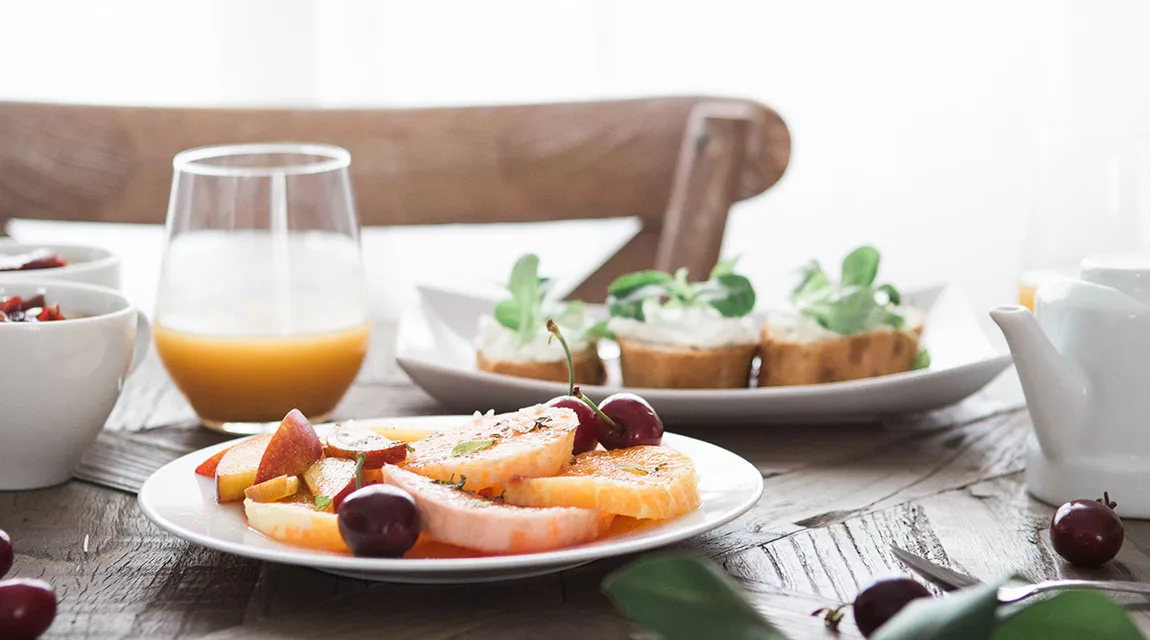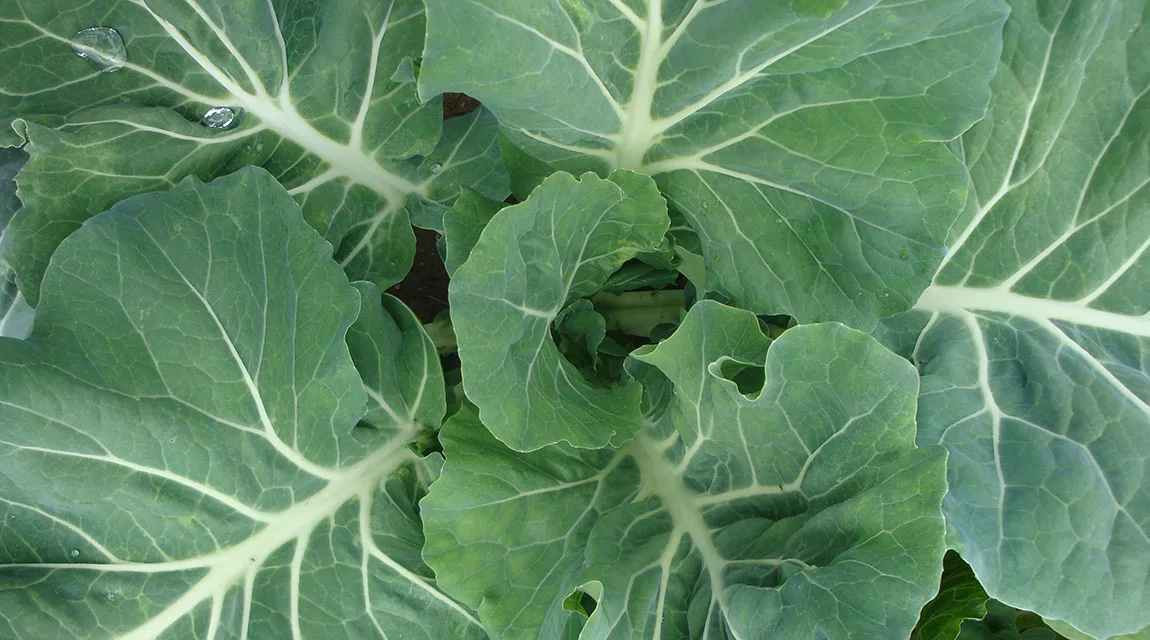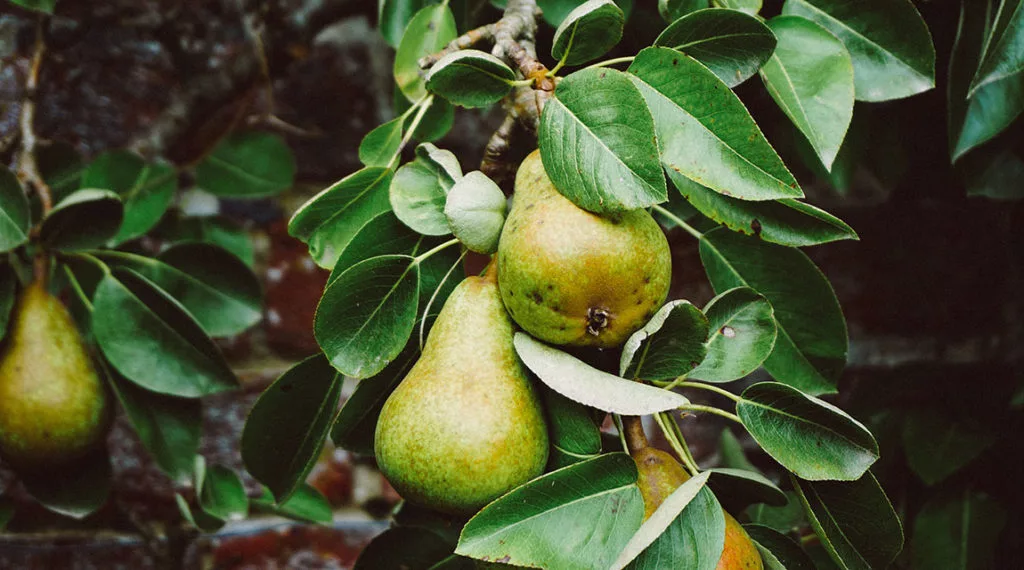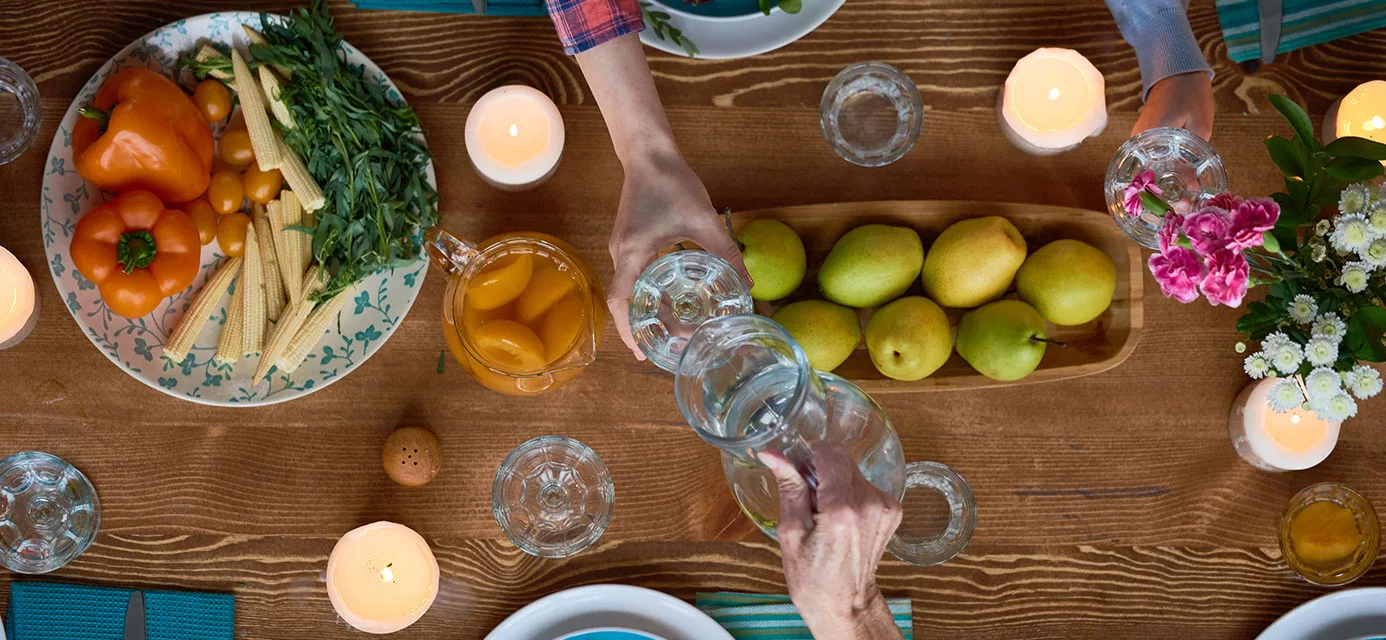A meal can positively affect us in many ways. What we eat impacts our minds and our mental health—not just our bodies. Furthermore, it isn’t just about what kind of food we eat.
Each step along the way to the table can make a difference in terms of our well-being. That includes how our food is grown, cooked, and served—and how we think about it.
Here’s a look at how we can use food for mental health to heal and stay healthy.
Harvesting Is Healthy
Cultivating and eating food grown in our own gardens has multiple positive benefits. Research has found that growing our own food lowers the risk of anxiety and depression. Moreover, it reduces stress and increases life satisfaction. The entire process of preparing a meal can truly be healing. Here’s why.

- Growing our own food gets us outdoors. Consequently, we receive all the proven mental health benefits of being outside in nature.
- It helps heal a national epidemic of disconnection from the source of what we eat. Many Americans don’t know much about where their food comes from. For example, one survey showed that 7 percent of American adults believe that chocolate milk comes from brown cows.
- We spend time with others. Working with other people in family or community gardens promotes social connection. Furthermore, this is proven to contribute to a positive state of mind.
- Gardening promotes exercise. In turn, exercise has a positive impact on mental health.
- Getting our hands dirty reduces stress. Researchers have found a link between soil bacteria and stress resilience. Bacteria promote the health of the microbiome, which subsequently promotes healthy brain function.
- Fresh, local produce has more nutritional value than many other foods. Vegetables and fruit are the best foods for mental health because almost always contain more vitamins and minerals than highly processed foods or snack foods.

Cooking Is Creative
Engaging in creative pursuits helps make us happier.Recent research confirms that creativity is an important part of food for mental health.
A study published in the Journal of Positive Psychology followed more than 650 young adults. Each day, they reported how much time they spent on creative activities and how they felt that day.
Subsequently, the researchers tracked the correlation between the participants’ everyday activities and their emotional state.
They found that the adolescents experienced greater flourishing and positive emotions on the days following increased creative activity. Therefore, we can conclude that the creativity involved in cooking improves our mental health.
Find out how cooking helped Andrew build his resilience and self-esteem during his time at Newport Academy.
Giving Is Good for Us
When we do good things for others, we feel an increased sense of well-being. That feeling is known as “the helper’s high.” It may be the reason for the saying ’Tis better to give than to receive.
When we act generously, the pleasure chemicals dopamine and oxytocin are released in the brain. Furthermore, these positive activities have a long-term impact.
Research shows that people who regularly engage in volunteer activities have lower rates of depression and a greater sense of purpose in life. Additionally, they tend to live longer.
Thus, when we give our time and energy to making and serving food for friends and family, we experience “helper’s high” and the benefits that go with it. There’s a reason it’s called a “second helping”!
“Cooking and serving a meal, and having people enjoy it, instantaneously creates a positive feedback loop.”
—Jeffrey Zurofsky, Culinary Program Director at Newport Academy

A Giving Practice for Connecting Around the Table
To make a meal extra special, try this practice from Jeffrey Zurofsky, food activist and Culinary Program Director at Newport Academy: Have everyone at the dinner table fill their neighbor’s plate for them.
“The person doing the serving has to really pay attention to someone else,” Jeffrey says. “There’s a bonding and a knowledge of each other that gets created.”
Try it this holiday season—or anytime—and notice the feelings of connection that are created among the group.

Meals Can Be Mindful
Mindful Eating
Eating slowly and mindfully boosts mental health. Mindful eating means chewing slowly and using all your senses to take in the experience. Moreover, it means focusing your attention on your feelings and sensations as you eat.
Mindfulness practice has a significant impact on mental health. In fact, researchers at Johns Hopkins found that mindfulness meditation had exactly the same effect as antidepressants on symptoms of anxiety and depression.
Gratitude
Gratitude has some of the same benefits as mindfulness does. Studies by positive psychology researchers confirm that focusing on what you’re grateful for immediately increases your levels of happiness.
Furthermore, offering gratitude to someone else can produce the same results. Therefore, giving thanks to the cooks, farmers, servers, and anyone else who contributed to your meal is good for your mental health.
A Mindful Eating and Gratitude Practice for the Table
- Once you sit down, take a minute to pause before you dig in.
- Think about where the food came from, where it grew, and who helped it get to your plate.
- Observe the colors, details, and aroma of what you’re about to eat.
- Chew each bite slowly, bringing your attention to the taste and texture of what you’re eating.
- Give thanks, verbally or internally, for the pleasure and nutrients you are receiving.
Sources
Prev Med Rep. 2017 Mar; 5: 92–99.
Proc Natl Acad Sci USA. 2016 May 31;113(22):E3130-9.
J Positive Psychol. 1-9. 10.2016.
BMC Public Health. 2013. 13:773
JAMA Intern Med. 2014;174(3):357-368
J Pers Soc Psychol. 2003 Feb;84(2):377-89.
J Pers Soc Psychol. 84(2), 365-376.
Am Psychol. 2005 Jul-Aug;60(5):410-21.
BMC Med. 2017 Jan 30;15(1):23.






